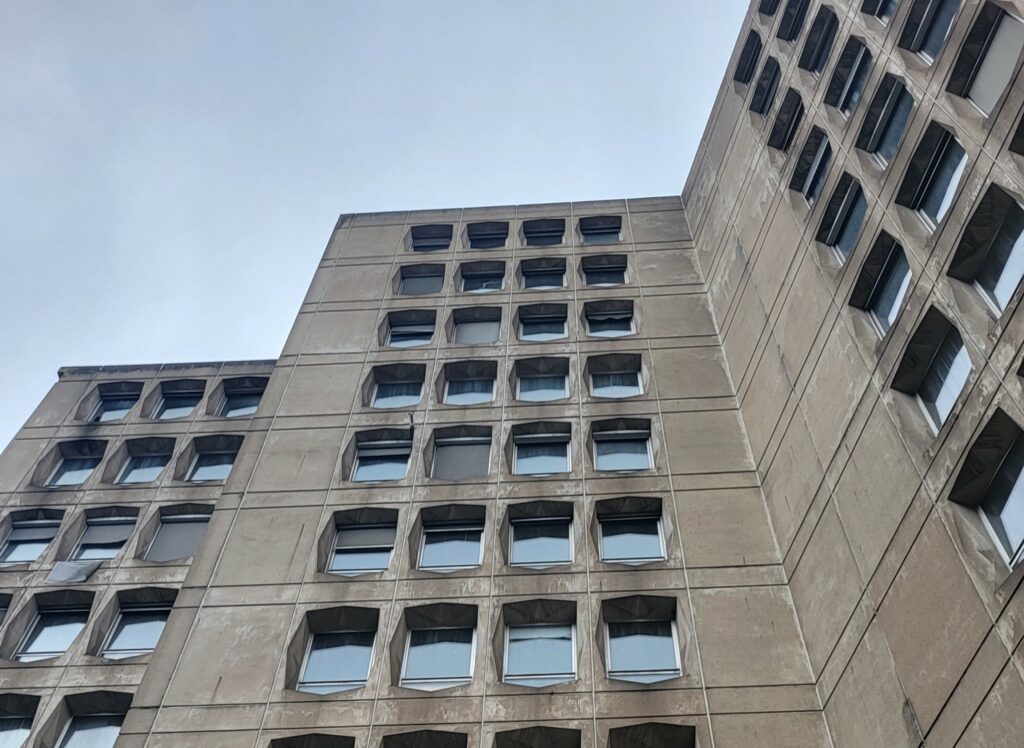The 36th edition of Brussels' Heritage Days will be held the weekend of 14 and 15 September. This year's theme is 'New Heritage', honouring public buildings and spaces erected between 1970 and the early 2000s.
With no less than 180 attractions spread across 18 communes, visitors are invited to explore 51 emblematic buildings and take part in a myriad of exhibitions, themed walks, shows and treasure hunts. This will also be the public's final chance to visit the Arlon 53 building – a jewel of brutalist architecture – in its original state prior to planned renovations.
From the participatory architecture of the Alma campus in Woluwe-Saint-Lambert, to the controversial history of the Northern Quarter, via the Nord-Midi junction, the programme promises to reveal little-known facets of Brussels.
"This rich heritage deserves greater awareness, promotion and protection," stressed Brussels' State Secretary for Urban Planning and Heritage, Ans Persoons, at a press conference.
Younger visitors have not been overlooked: a dedicated programme offers over 3,000 Brussels students from 130 different classes the chance to discover their city's 'New Heritage' through more than 30 different activities.
Last year drew 45,000 curious explorers to the streets of Brussels in search of the the city's hidden treasures. Organisers anticipate a similar turnout for 2024. Some 15,000 places are available for reservation, while many sites will be freely accessible.
Persoons stated that the "new heritage" buildings from 1970 to 2000, while often unfamiliar and disregarded by locals, represent extraordinary urban changes, social evolution, architectural advancements, and construction materials and techniques from the late 20th and early 21st century.
Related News
- Ugly or valuable? D'Ieteren headquarters added to Brussels protected heritage list
- The Brussels starchitect that nobody knows
- Belgian architecture and beer: Why ugly beats boring
In conjunction with the Heritage Days (known as 'Journées du patrimoine', translated literally to Patrimony Days), the non-profit L'architecture qui dégenre will hold the alternative 'Journées du Matrimoine' from 27 to 29 September.
Exploring the capital's artistic, political and feminist heritage, the initiative will highlight five collectives that have contributed to the Belgian women's heritage, including the Union of African Women, the 'Les Biches Sauvages' (Wild Does) movement and the Belgian Union of Women Architects.

